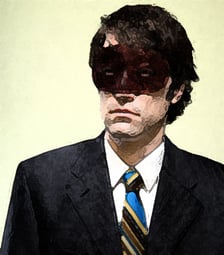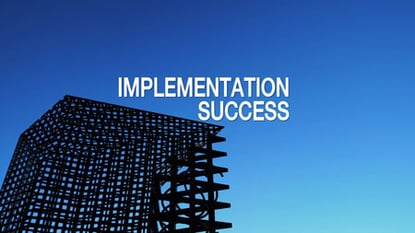Tuesday’s Wall Street Journal included multiple stories on recently ousted C-Level executives whose ethical missteps and poor judgment led to their departures:
- Ina Drew, Chief Investment Officer at J.P. Morgan Chase, as a result of the company’s $2 billion trading loss
- Gene Morphis, Chief Financial Officer at Francesca’s Holdings, for improper use of social media
- Richard Schulze, founder and Chairman of Best Buy, for not following procedures in the wake of an allegation of against now-ousted Best Buy CEO, Brian Dunn, conducting an inappropriate relationship with a female co-worker
- Scott Thompson, CEO at Yahoo, for incorrectly stating his academic history
And those were simply the highest profile stories about ousted C-level executives. There were others where it seems as if C-level executives and their egos have (or are in the midst of) leading to significant business disruptions.
Contrast these stories of C-level executives, ethical missteps, and poor judgment with a Saturday story, also in the Wall Street Journal, about a research study from Ontario’s Queens University which claims that individuals (okay, “students” – it was one of those studies) are much more successful at forsaking their personal desires when God was on their minds. When certain students were exposed to expressions referencing God, they demonstrated a greater ability to endure discomfort and forsake instant gratification. The results held whether the students were spiritual or professed agnostics or atheists.
The article closes by reporting how scientists are a bit stymied to explain the results. One suggestion was that thinking about God replenishes “psychological nutrients” similar to how Gatorade helps an athlete perform better. A rabbi compared God to the police car watching us which makes us drive more slowly. (I think maybe we're hard-wired toward the right behaviors no matter how much we try and fight against it.)
The juxtaposition of these stories made me recall a slide in a spirituality presentation I give that includes just the letters:
W
W
WYTYATHTYCEO
D?
You may ask what in the world these letters represent. The answer: What Would Whoever You Think You Answer to Higher than Your CEO Do?
The slide in the spirituality presentation is a reminder you can’t expect to look to a company’s top leadership as a moral compass. It’s too easy for them (or any of us for that matter) to fool ourselves into thinking that when no one is looking, a lot of things we should know better are wrong all of a sudden can be rationalized into being okay. You have to look higher for a moral compass to guide your actions. I can’t presume who or what it is for you, but the Queen’s University study seems to confirm the benefit of doing that.
So what’s the take-away on this story about C-level executives, ethical missteps, and poor judgment?
When deciding how you’ll conduct yourself, you could benefit from taking even a brief moment to ask: W W WYTYATHTYCEO D?
And if that question doesn’t fit with your belief structure, you'd still better at least ask what you'd do if everyone were watching you.
Because in an era of rampant social networking, an increasingly large contingent of social media journalists, and heightened expectations for authenticity and transparency, everybody really could be watching us when we have opportunities to make ethical missteps whether we're C-level executives or not. – Mike Brown
If you’d like to add an interactive, educationally-stimulating presentation on strategy, innovation, branding, social media or a variety of other topics to your event, Mike Brown is the answer. Emailus at info@brainzooming.com or call 816-509-5320 to learn how Mike can get your audience members Brainzooming!




